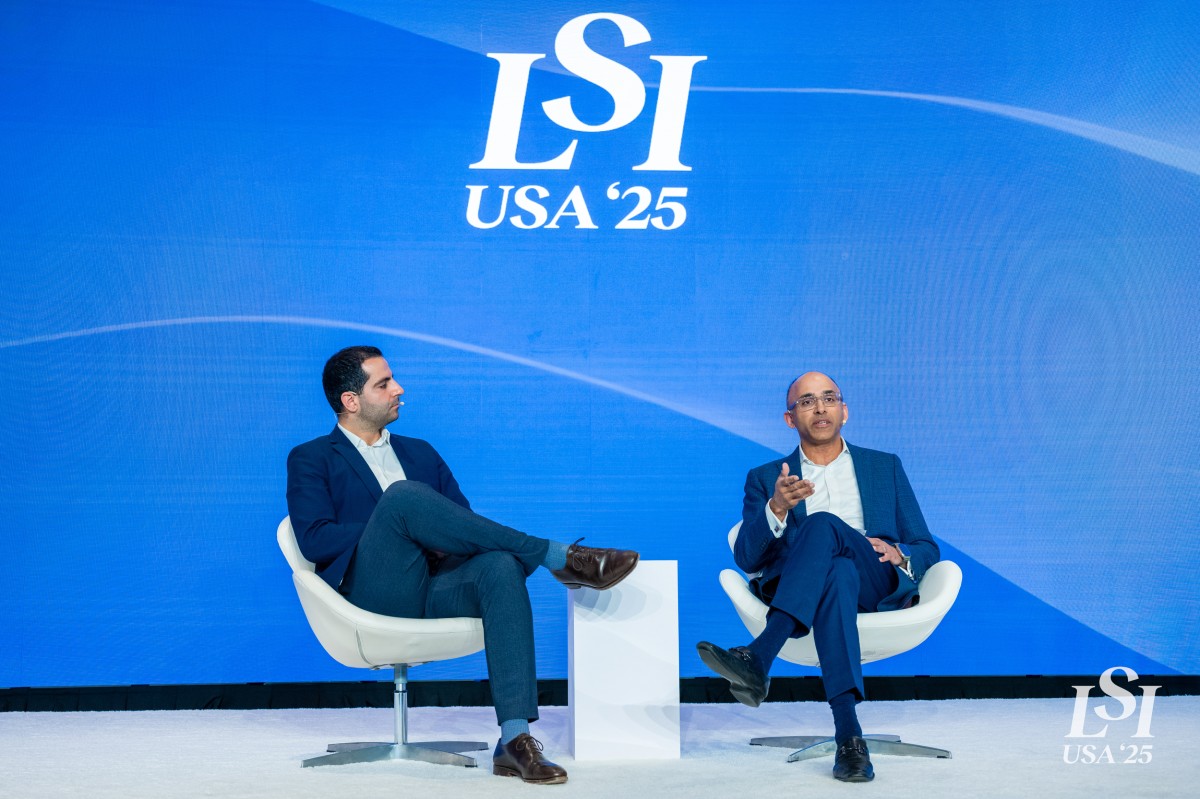
The importance of diversity in medtech founding teams cannot be overstated. Their varied experiences and backgrounds foster creativity and problem-solving, leading to more robust and successful companies. This was a key point discussed at LSI USA ‘24, where industry leaders highlighted the advantages and challenges of investing in diverse teams.
The Importance of Diversity in Medtech Founding Teams
Diverse founding teams bring unique perspectives and innovative approaches to the medtech market. Their varied experiences and backgrounds foster creativity and problem-solving, leading to more robust and successful companies.
"Diverse teams perform much better than non-diverse teams," said Virpi Muhonen, CEO and Co-Founder of Askel Healthcare. Jeff Chu, Co-Founder and Managing Partner at Features Capital, added, "The best, highest-functioning teams we’ve ever had were people who came from very different experiences. They come with different perspectives to look at problems and overcome these technical challenges."
The Role of Bias in Funding Decisions
Conscious and unconscious biases significantly impact the funding landscape for female and minority founders. These biases often lead to assumptions about the riskiness of investing in diverse founders despite evidence to the contrary.
Elizabeth Clayborne, CEO and Co-Founder of NasaClip, highlighted this issue, stating, "Part of the unconscious bias is that they're assuming that a female founder or a minority founder is riskier—and that that's actually not true." Virpi Muhonen emphasized the importance of self-awareness, saying, "I think it's hugely important that we as human beings acknowledge and accept the fact that all of us are biased. We must acknowledge that and stop ourselves from that biased thinking."
The Disproportionate Funding for Female and Minority Founders
The data highlights a significant disparity in venture capital funding for women and minority founders. Despite their potential for higher returns, these groups receive a minimal percentage of total investment.
"Only two to 3% of venture capital goes to women—yet women represent 17% of unicorn exits," noted Clayborne. Jenny Barba, Managing Partner at Features Capital, expressed optimism about the trend, stating, "Programs like MedTech Color, MedtechWomen, and MedTechVets are accelerating the time to market and patients within the healthcare systems. It’s a positive trend that we're really proud to be a part of."
The Value of Diverse Investment Teams
Diversity in medtech investment teams can better understand and support diverse founders, leading to more inclusive and equitable funding practices. This diversity in thought helps identify and nurture innovative ideas that might otherwise be overlooked.
"As fund managers, we have the same issue that you guys are seeing—less than 5% of all venture funds today are minority-owned," said Chu. Barba added, "Have a mindset of diversity and inclusion as the front and center of the company. These are companies that are being designed to meet the patient population's needs."
The Need for Access to Networks and Capital
Access to networks and capital is critical for the success of diverse founders. Supportive networks can provide not only funding but also essential resources and connections.
Clayborne emphasized this: “If you want to invest in a company with a black or female founder, that's great, but at least spread the word about them. Do you have a resource for them? Can you get them PR? Can you spread their story?" Barba highlighted the importance of creating buzz in the industry, "We need to create that buzz and momentum that we can build in the industry."
Actionable Steps to Support Diverse Founders
Practical actions can significantly impact the success of diverse founders. These include investing in diverse teams, providing mentorship, and creating opportunities for visibility and support.
"Invest in people like Virpi and Liz. They're going to create the next generation of companies, become investors themselves, and invest in diverse funds. Then, you start to see this multiplier effect begin to occur," encouraged Chu. Clayborne called for direct support, "I want you to find one female or minority-founded company, and I want you to reach out to them and offer them something."
Conclusion
The full recording of the panel can be found in LSI’s resource hub at the link below:
The discussions at the medtech conference underscored the critical need for medical device investors to actively seek and support diversity in medtech founding teams. By recognizing and overcoming biases, providing access to capital and networks, and fostering inclusive investment teams, the medtech market can tap into a wealth of innovation and potential. As the data shows, diverse teams are not only a moral imperative but also a wise investment strategy for achieving better outcomes and higher returns.
-Joe-Mullings,-Andrew-ElBardissi,-Ramin-Mousavi,-Addie-Harris,-and-Josh-Makower.png)






